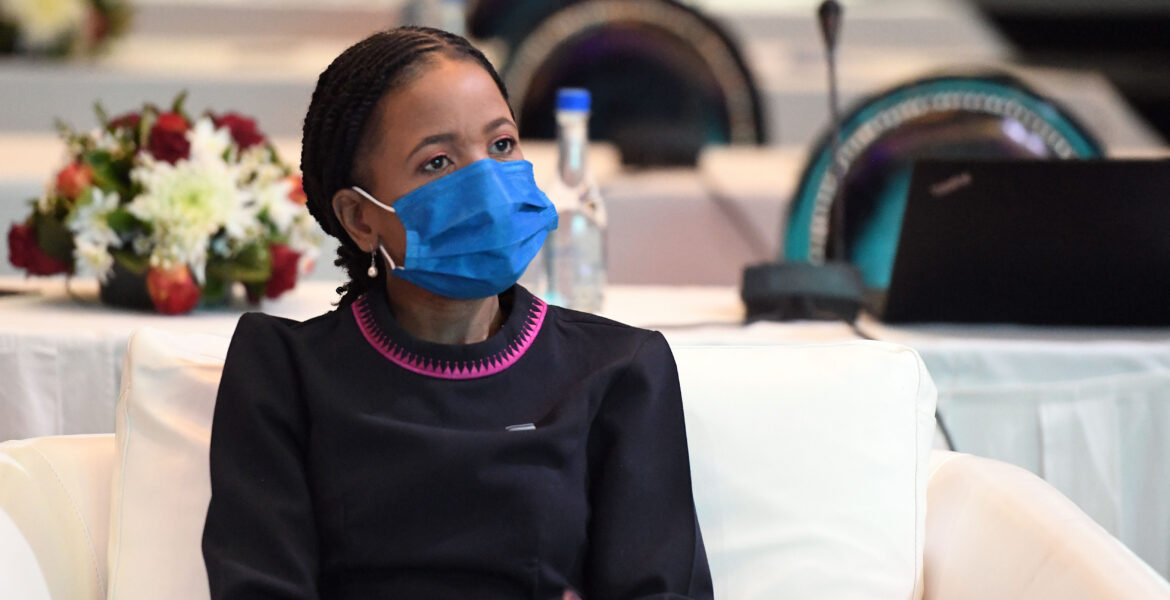- Minister adds that the entire process “through privatisation will take some time”
GAZETTE REPORTER
The Government of Botswana intends to conclude rationalisation of State Owned Enterprises (SOEs) before the end of the current financial year, the Minister of Finance and Economic Development (MFED), Peggy Serame, has told Parliament.
Serame was responding to a question from the MP for Kanye North, Thapelo Letsholo, about the government’s plans to rationalise SOEs as articulated by the minister in last budget speech in February this year.
Letsholo asked Serame to say if the project is on schedule, and if not, why? What are the new timelines and how much financial savings would have accrued to the government if the project had been implemented on time?
In answer, Minister Serame said rationalisation of SOEs is part of public sector reforms to promote efficiency and cost savings in delivery of public services. “In this regard, a cabinet sub-committee was established to provide strategic guidance to the process,” she said.
“The sub-committee’s terms of reference are broad and wide ranging, but the main element includes proposing measures to rationalise SOEs, proposing reforms in SOEs governance and formulating an SOE ownership policy.”
She added that as mentioned in the budget speech of February 2021, it was anticipated that the rationalisation, restructuring, privatisation and liquidation of SOEs would be undertaken in the first half of 2021.
“Indeed, the recommendations for SOE rationalisation were considered as planned, but further consultations were required within government and with respective organisations and other strategic partners, given the magnitude of the proposed changes, in order to be most impactful on the economy as a whole,” she said.
“Therefore, the commitment remains to conclude this process as soon as possible so that the envisaged benefits are secured. As already indicated, we are committed to concluding this matter and we looked at other ways to ensure that we need some of the work as we continue to consult.”
The minister said a substantial amount of work has been done so far and that the intention is to finalise the matter for a decision to be taken before the end of the current financial year.
“However,” she added, “I must hasten to add that to the extent that some recommendations will involve legal and personal matter, there is need to allow for thorough consultations, hence sometimes the delay in completing them.
“A commitment is for implementation to start during the next financial year. As to how much savings are expected from the exercise on the rationalisation, it is not possible at this stage to quantify the financial savings that will accrue to government until the process is completed.”
Serame said the savings will also depend on which of recommendations approved by government and ultimately endorsed by Parliament, especially those that require changes in the legislation. “Finally, some of the savings will depend on the terms on which strategic partners to be attracted to invest in and manage selected SOEs, which are unknown at this stage,” she noted.
“The rationalisation of SOEs is a process that involves many interactions with key stakeholders rather than an event. Therefore, while the objective is clear in terms of the results and financial benefits for government through savings on the annual subventions for SOEs, and the realisation of proceeds from the sale of share in SOEs, the process of actually merging SOEs with overly the closure of some SOEs that are no longer serving a useful purpose, bring in strategic equity partners to restructure and revive SOEs in joint ventures with government and the sale of part of all government shareholding in SOEs through privatisation will take some time.”




